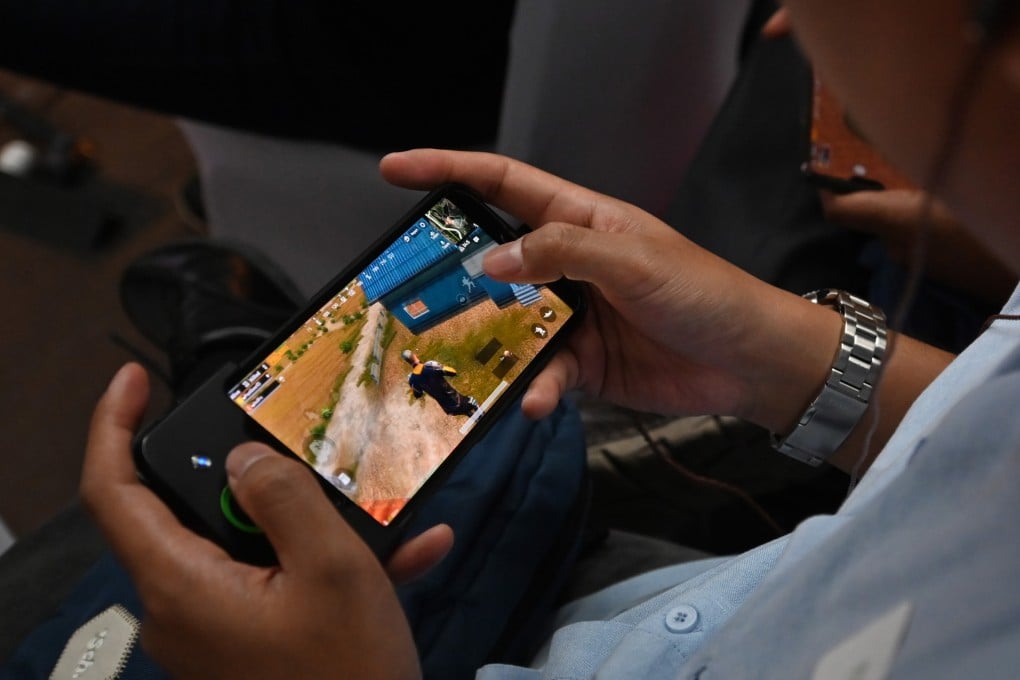Game boosters helping gamers jump China’s Great Firewall anger players overseas as Beijing turns a blind eye
- The limited launch of League of Legends: Wild Rift caused a surge of interest in game booster apps from NetEase, Tencent and others
- Skirmishes between Chinese and overseas gamers have become a frequent occurrence as players seek out games unavailable in China

When Riot Games’ League of Legends: Wild Rift finally launched on October 29, Japanese gamers who had been eagerly awaiting the title for a year were quick to download the mobile game. But they did not expect the flood of antagonistic Chinese players they found when they started playing.
The result was clashes between players from the two countries as they exchanged insults in the game. Some Chinese players adopted crude nicknames for their accounts, such as Beat Little Japan to Death, to rally other nationalists to taunt Japanese players.
A number of Chinese tech companies, including gaming giants NetEase and Tencent Holdings, now make their own game boosters. Tencent declined to comment for this story and NetEase did not respond to a request for comment
Just after the game’s release, NetEase’s UU Game Booster shot up to the top of the download chart on Apple’s App Store in China. Over the next two weeks, the app racked up more than 2.5 million downloads, according to app tracking firm Qimai Data. Tencent Booster and three other game boosters were also among the country’s top 10 most-downloaded apps in the days following the game’s release.
Theoretically, gamers in China are not supposed to be able to play games that are not officially released in the country. Unlike most other markets, China has strict approval requirements that require game studios to jump through extra hoops to get a license for each game they want to sell.